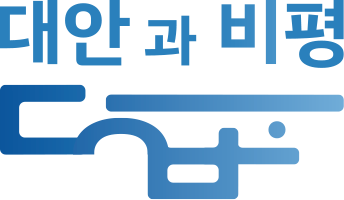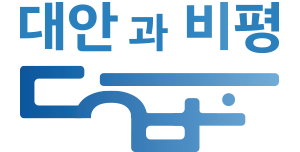The Coup Attempt and the Early Presidential Election
In the 21st presidential election held on June 3, 2025, Democratic Party candidate Lee Jae-myung is projected to win the presidency of the Republic of Korea with over 49% of the valid votes. This projection signals a decisive public response in favor of restoring democratic order.
This extraordinary election was prompted by the failed coup attempt of December 3, 2024. Then-President Yoon Suk-yeol unlawfully declared martial law, mobilized military forces to seize control of several government agencies and broadcasters, attempted to block the National Assembly, and orchestrated the arrests of key political, legal, and media figures. However, citizens and lawmakers resisted the armed forces' attempt to enter the National Assembly. Parliament swiftly passed a resolution to revoke martial law, followed by an impeachment motion, which the Constitutional Court unanimously upheld. Yoon was thus removed from office—the first instance in Korean history of a failed coup thwarted by the people. A snap presidential election followed, through which the nation restored democratic order.
Lee Jae-myung's Victory and the People's Will
Korean democracy demonstrated remarkable resilience in the face of crisis. This election marked a historical milestone, as the public not only resisted a coup but actively defended the democratic system. It signified the end of tolerance for authoritarianism and reaffirmed the public’s commitment to a democratic republic.
The election was more than a change of administration. It was a symbolic testament to the power of citizen engagement in shaping political outcomes. In the face of grave threats, people raised their voices in protest, gathered in the streets, and ultimately voted to restore constitutional order. Their actions reconfirmed core values—freedom, human rights, and the rule of law—as foundational to the Republic.
Tasks Ahead: Institutionalizing the Defense of Democracy
This mass civic response goes beyond merely preserving democracy; it signals a maturation and internalization of democratic values. The courage and determination of the citizens became the driving force that moved constitutional institutions and the legislature to act. Citizens themselves became bulwarks of democracy.
However, democracy is not safeguarded through a single act of defense. Authoritarian threats can re-emerge in new forms. The next challenge is to institutionalize this resilience. Checks against the abuse of emergency powers, civic education, independence of public institutions, and protection of press freedom are essential safeguards for a stable democracy.
The need for institutional reform is also linked to the consequences of South Korea's 'compressed modernization.' The country’s rapid industrialization and democratization, driven by the state rather than civil society, created structural deficiencies—underdeveloped liberalism, authoritarian political culture, and extreme ideological polarization. These shortcomings manifested in growing inequalities across education, labor, housing, and welfare.
Thus, the election should be seen not only as a defense of the system but also as an enactment of the republic's core identity. The people, acting as the true sovereign, brought democratic principles to life in a moment of national crisis. The election served as a turning point for identifying social contradictions and searching for institutional solutions. It was a historic scene where the judgment of independent constitutional bodies, swift legislative action, and mass public participation converged to declare once again who holds sovereignty in the Republic of Korea.
Next Steps and Conditions for Stability
On June 4, the National Election Commission announced preliminary results strongly indicating Lee Jae-myung's victory., following the final tally of votes. With this, the Democratic Party returns to power for the first time since the Moon Jae-in administration, taking over from the ousted President Yoon.
Before a crowd gathered in front of the National Assembly, Lee pledged that the power entrusted to him would be used to improve the lives of citizens and shape a better national future. He vowed that military coups would never recur, and envisioned a democratic republic built on mutual respect and inclusion. He promised to focus on economic recovery and social integration, aiming for a cooperative, respectful community.
The nationwide voter turnout reached 79.4%, slightly higher than the previous presidential election. Lee garnered strong support in the capital region and Honam, while conservative voters rallied in Daegu-Gyeongbuk and Gangwon.
The president-elect is expected to form a transition team and begin cabinet appointments in June. Political analysts predict that the opposition-controlled legislature will be a significant factor in future governance.
Lee Jae-myung is expected to begin his term immediately upon official confirmation of the result. This snap election, held under Korea’s five-year single-term system, created an unprecedented situation where the new administration commenced without a formal transition period.



